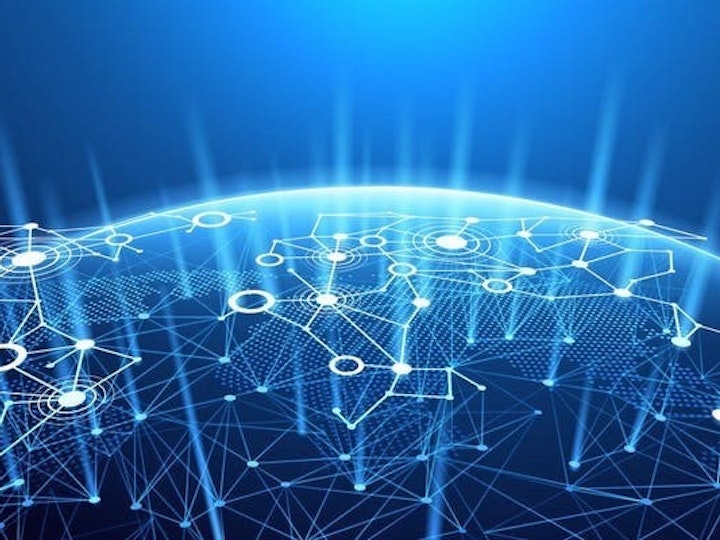Lunchtime Seminar- The Digital Innovation Race. Conceptualizing the Emerging New World Order
International Business and Strategy Lunchtime Seminar Series
Presenter- Dr Cecilia Rikap

| Event information | |
|---|---|
| Date | 8 June 2022 |
| Time | 13:00-14:00 (Timezone: Europe/London) |
| Price | Free |
| Venue | Online |
Event types: |
|
You are cordially invited to attend an IBS lunchtime research seminar by Dr Cecilia Rikap, Lecturer in International Political Economy (IPE) at City, University of London. Please follow the link in your invite email to join he Microsoft Teams Meeting or join us in Room 108 for a cinematic experience with lunch.
Please note: Lunch and refreshments will be provided in Room 108, however the presentation is to be presented online.
Please make sure you let me know in advance if you intend to attend in person so that the correct amount of catering is booked.
Date: Wednesday 8th June 2022
Time: 13.00-14.00pm
Title: The Digital Innovation Race. Conceptualizing the Emerging New World Order
Presenter: Dr Cecilia Rikap
Co-Author- Bengt-Åke Lundvall
Book abstract:
This book develops new theoretical perspectives on the economics and politics of innovation and knowledge in order to capture new trends in modern capitalism. It shows how giant corporations establish themselves as intellectual monopolies and how each of them builds and controls its own corporate innovation system. It presents an analysis of a new form of production where Google, Amazon, Facebook, Apple and Microsoft, and their counterparts in China, extract value and appropriate intellectual rents through privileged access to AI algorithms trained by data from organizations and individuals all around the world.
These companies’ specific form of production and rent-seeking takes place at the global level and challenges national governments trying to regulate intellectual monopolies and attempting to build stronger national innovation systems. It is within this context that the authors provide new insights on the complex interplay between corporate and national innovation systems by looking at the US-China conflict, understood as a struggle for global technological supremacy. The book ends with alternative scenarios of global governance and advances policy recommendations as well as calls for social activism.


